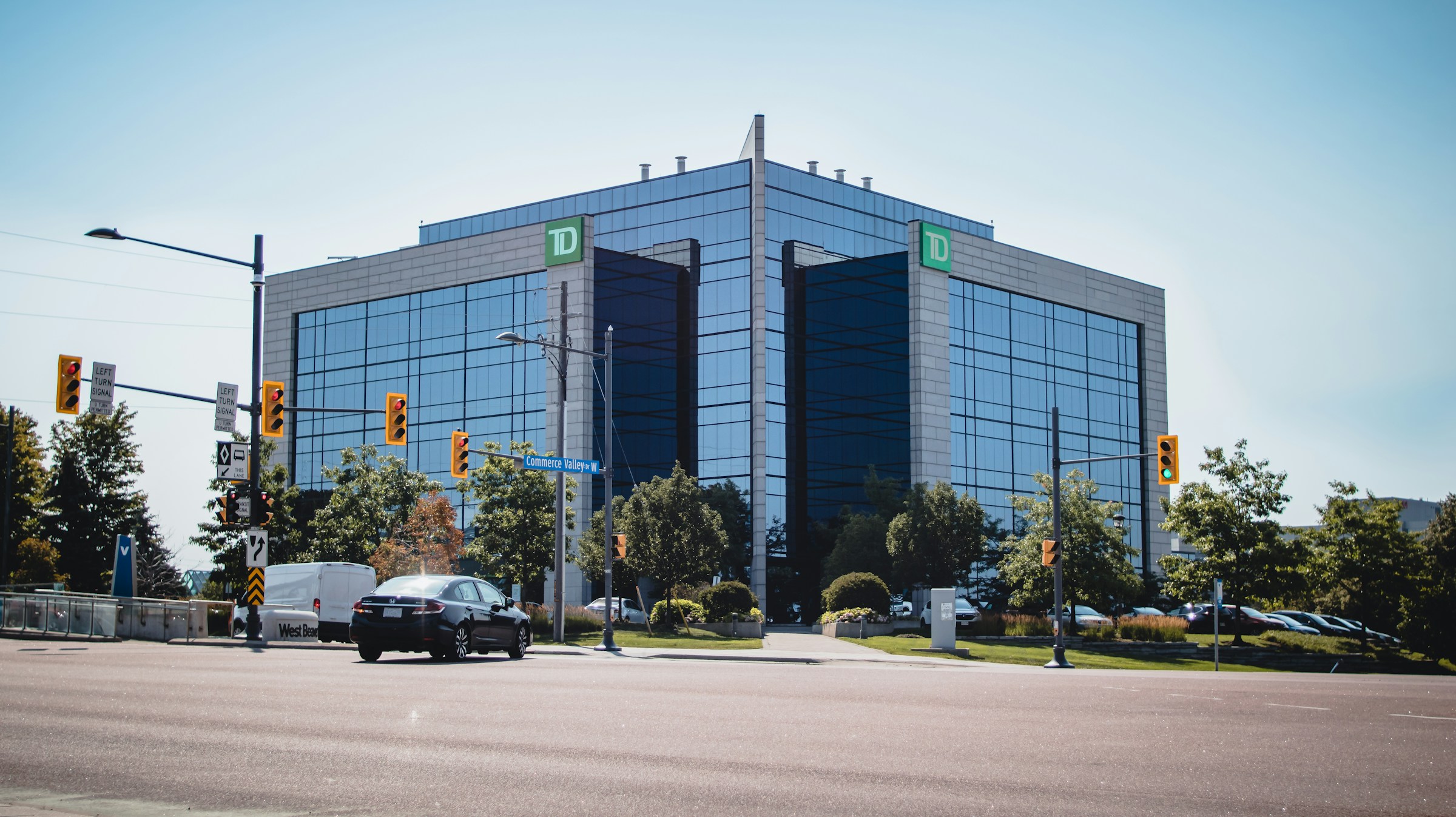Owning a property in your home country while living abroad is a common aspiration for many UK expats. Whether it’s to have a base to return to, for family use, or as an investment, the desire to buy real estate doesn’t diminish just because you’ve moved overseas. In addition, the UK property market continues to be a reliable place to invest, making it an attractive option for expats. However, securing a mortgage as an expat can be complex, given the additional variables such as foreign income, lack of domestic credit history, and even time zone differences when dealing with lenders.
In this article, we’ll explore how you, as a UK expat, can navigate the mortgage landscape, explaining what steps you should take to secure a mortgage for an investment property back home.
A voir aussi : How to use the Rent a Room scheme to offset mortgage costs in the UK?
Understanding the Expat Mortgage Market
Before diving into the process of securing a mortgage, it is crucial to understand the landscape of the expat mortgage market.
Most high-street lenders in the UK view expats as high-risk borrowers due to uncertainties over foreign income and the potential difficulty in repatriating the property if the borrower defaults. As a result, many mainstream lenders do not cater to the expat market, and those that do may impose strict qualification criteria and offer less favourable rates.
A découvrir également : Is it more beneficial to overpay a mortgage or invest in home improvements in the UK real estate market?
However, there is a growing number of lenders and specific mortgage products tailored for expats. These specialist lenders understand the complexities and unique circumstances of expats and are therefore more willing to provide mortgages to them. They often accept a wider range of income sources and can offer competitive rates.
Eligibility and Requirements
The eligibility criteria for expat mortgages may vary between lenders, but certain common requirements can help you prepare your mortgage application.
Most lenders will require you to have a minimum deposit. This deposit is typically higher for expats, ranging from 25% to 40% of the property’s value. As an expat, having a substantial deposit can help increase your chances of mortgage approval and may also enable you to secure a better rate.
Lenders will also look at your credit history. While living abroad, it’s easy to lose track of your UK credit score. But maintaining a good credit rating is crucial, as it can greatly influence lenders’ willingness to grant you a mortgage.
You will also need to provide proof of income. Some lenders may not accept foreign income or may only take a percentage of it into account. Therefore, having a strong income source, whether from employment, self-employment, or rental income, can improve your mortgage prospects.
Property Type and Usage
The type of property you plan to buy and its intended use can also impact your mortgage options.
If you’re looking to buy a residential property for your own use upon returning to the UK, you may be eligible for a residential mortgage. However, if you’re buying an investment property to rent out, you’ll likely need a buy-to-let mortgage.
Lenders may have different criteria and rates for these mortgage types, with buy-to-let mortgages generally requiring a higher deposit and having higher interest rates.
Furthermore, the property’s location, its condition, and its marketability can also influence a lender’s decision. As such, you should consider these factors when choosing a property.
Getting Professional Help
Navigating the expat mortgage market can be a complex and time-consuming process. Therefore, getting professional help can be hugely beneficial.
A mortgage broker who specialises in expat mortgages can guide you through the process, help you understand your options, and find the most suitable mortgage product for your needs. They have access to a wide range of lenders, including those not readily available to the general public, and can negotiate on your behalf to secure the best rates.
Moreover, seeking advice from a financial advisor can help you understand the tax implications of owning a property in the UK while living abroad. They can provide guidance on issues such as capital gains tax, inheritance tax, and how rental income should be declared.
Application Process and Approval
Once you’ve understood the market, determined your eligibility, chosen a property, and enlisted professional help, you can begin the application process.
As part of the application, you’ll need to provide various documents, including proof of identity, proof of address, proof of income, and details of the property. You’ll also need to complete a mortgage application form, which details your personal and financial circumstances.
The lender will then assess your application, carry out a credit check, and arrange for a valuation of the property. If everything is in order, you could receive a mortgage offer within a few weeks.
Remember, securing a mortgage as an expat can be a challenging process. But by understanding the market, preparing well, choosing the right property, and seeking professional help, you can significantly increase your chances of success.
Managing the Mortgage Post-Approval
Once your expat mortgage has been approved and you’ve completed the purchase of your property, the journey doesn’t end there. It’s essential to manage your mortgage effectively to ensure it remains affordable and to avoid potential pitfalls.
Firstly, you’ll want to keep a close eye on the exchange rates. As an expat, you’ll likely be earning in a foreign currency but your mortgage payments will be in GBP. Fluctuations in the exchange rates can significantly impact your monthly outgoings. Therefore, you may want to consider setting up a UK bank account, if you don’t already have one, to manage your mortgage payments.
Another important factor is making timely mortgage payments. Defaulting on your mortgage can have serious repercussions, including damage to your credit history and potential repossession of the property. So, ensure you’ve set up a reliable payment method, such as direct debit, to avoid missed payments.
While managing the mortgage, you may also want to consider overpaying your mortgage if your lender allows it and your financial situation permits. Overpaying can help you clear your mortgage debt faster and save on interest. However, remember that some lenders may charge early repayment fees, so it’s crucial to check the terms and conditions of your mortgage.
Lastly, don’t forget to review your mortgage regularly. The expat mortgage market is dynamic, and the rate you have today may not be the best one available in a few years’ time. Therefore, it’s wise to reassess your mortgage situation periodically and consider remortgaging if a better deal becomes available.
Conclusion
Securing a mortgage for an investment property back in the UK while you are living abroad can be complex. However, with careful planning, thorough understanding of the expat mortgage market, diligence in meeting the eligibility criteria, and the assistance of professional advisors, it is a feasible goal.
Remember, the key to success in securing an expat mortgage is preparation – understanding the market, managing your credit history, saving for a substantial deposit, choosing the right property, and seeking professional help from a mortgage broker. Once you have the mortgage, remember to manage it effectively, keeping an eye on exchange rates and making timely payments, to ensure it remains affordable.
While being an expat presents unique challenges when it comes to buying property, the UK real estate market remains an attractive investment opportunity. As an expat, you have the benefit of global exposure, and by leveraging this along with a good understanding of the mortgage landscape, you can fulfil your aspirations of owning a home back in the UK.











